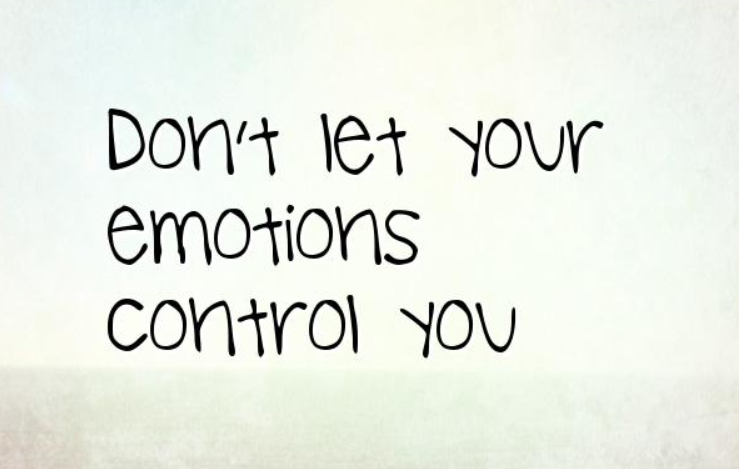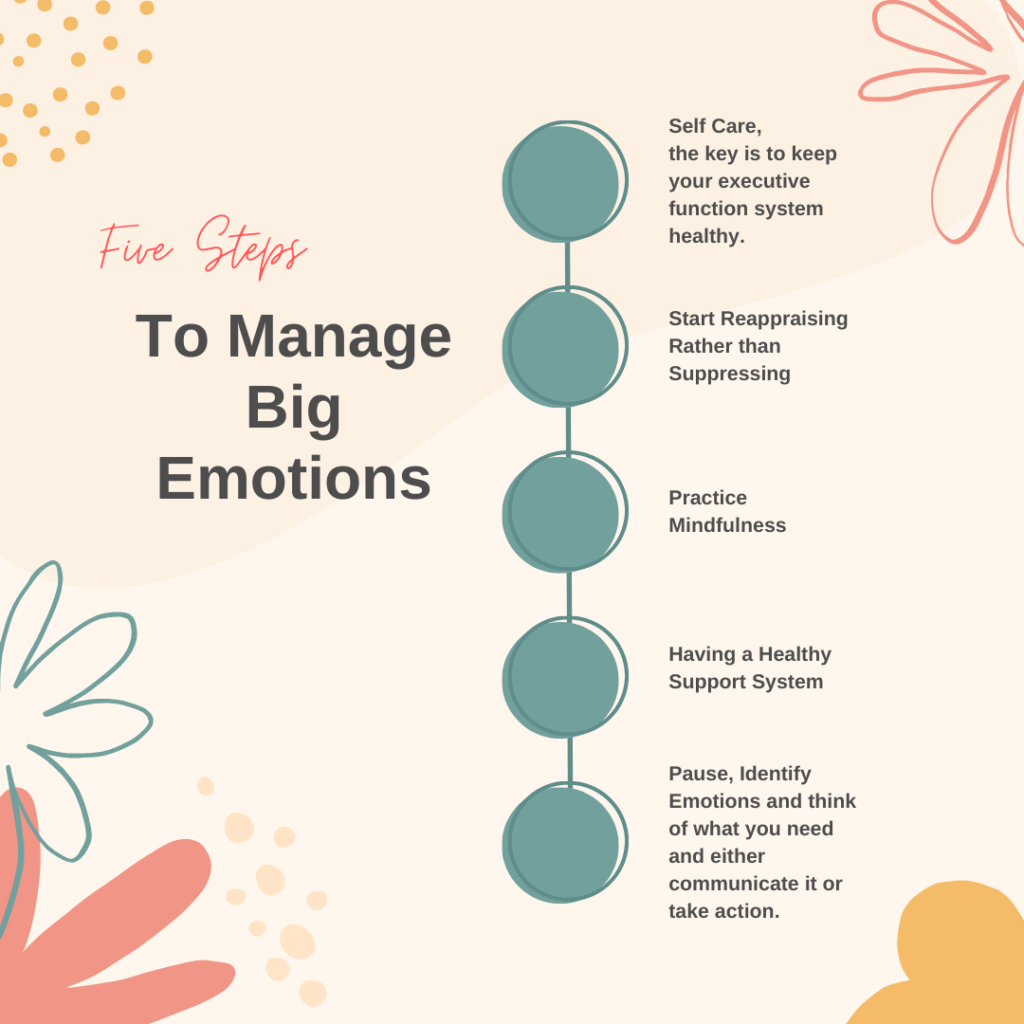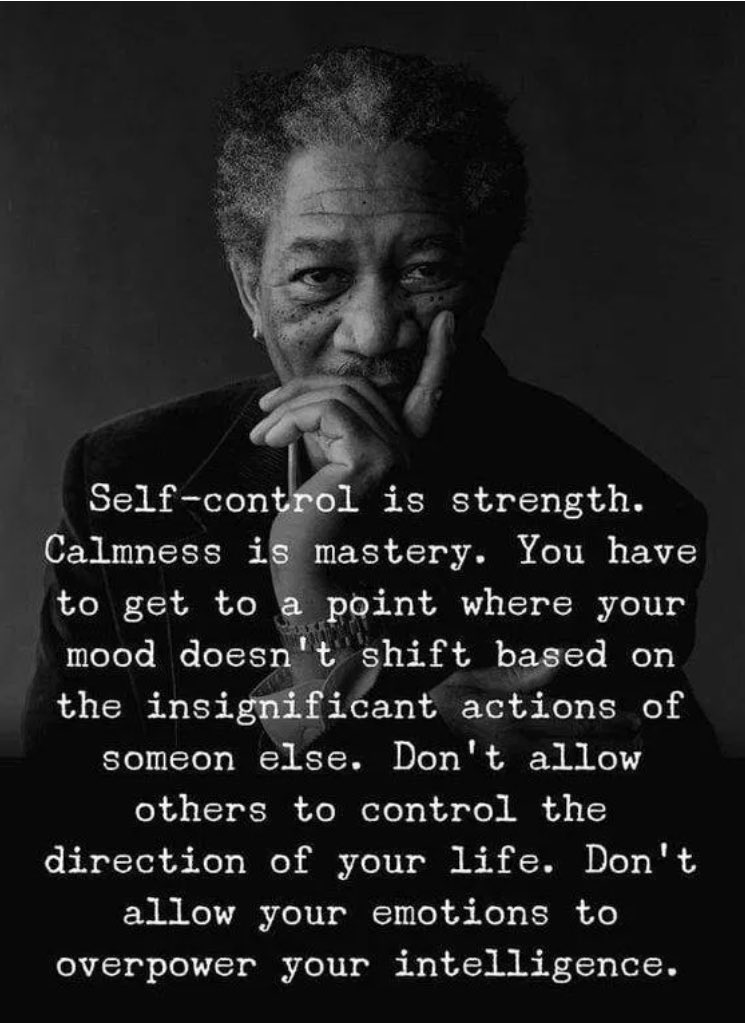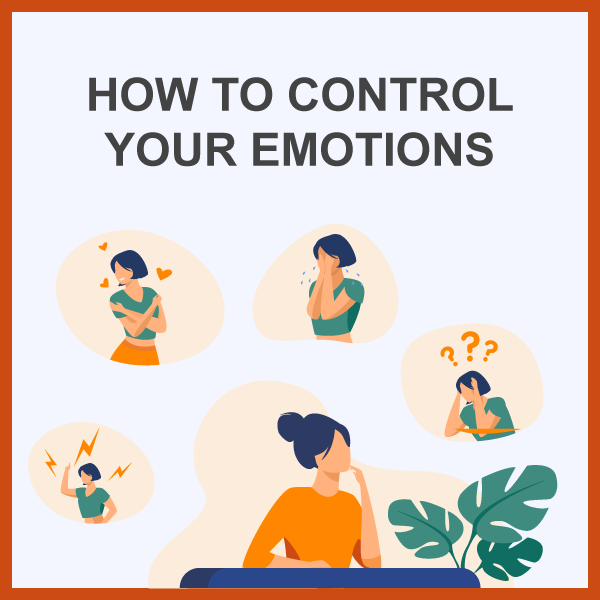Emotions are a natural aspect of daily existence. When we are caught in traffic, we become irritated. When we miss our loved ones, we get depressed. When someone disappoints us or injures us, we may become enraged.
Even though we anticipate experiencing these feelings frequently, some people begin to feel more erratic emotions. Their lives start to be affected by these peaks and valleys as they experience greater highs and lower lows. People with strong emotional swings can be serene one minute and depressed or furious the next.
Although everyone experiences moments when their emotions spiral out of control, some people experience this on a daily basis. They may say and do things they subsequently regret as a result of their quickly shifting emotions. They can jeopardize their credibility or sour relationships.
A person may become emotionally uncontrollable for a variety of reasons. They might be more susceptible to these quick alterations due to genetics. They might not have learnt the skills or witnessed positive models of emotional management. When they come across events that remind them of unpleasant experiences from the past, they could lose control. Physical changes like fatigue or a reduction in blood sugar might also make someone lose control of their emotions.
Whatever the cause of our emotional instability, we can improve our self-regulation skills, which is excellent news. Learning how to manage our emotions is something that can help all of us. The capacity to more effectively manage our emotions is known as emotional regulation.
Emotional control and regulation are taking any action that alters the intensity of an emotional experience. It doesn’t mean suppressing or avoiding emotions. With emotional regulation skills, you can influence which emotions you have as well as how you express them.
In the end, it all comes down to having the capacity to successfully regulate our emotions using a variety of strategies.
A person’s ability to control their emotions varies from person to person. They have a high emotional intelligence and are conscious of their own emotions as well as those of others. Despite the impression that they are simply “naturally calm,” some folks also feel bad sometimes. They’ve only recently acquired coping mechanisms that let them control challenging emotions.

Fortunately, emotional self-regulation is a dynamic quality. It is possible to acquire and develop emotional management abilities over time. Your physical and mental well-being can both benefit from learning how to cope with unpleasant events.
It is expected of us as adults to control our emotions in a way that both benefits society and allows us to get by in life. Problems might arise when our emotions take control of us.
Emotional regulation might be hampered by numerous things. These include our perceptions of unpleasant feelings or our inability to control our emotions. Stressful circumstances can occasionally elicit particularly strong feelings.
The effect emotional instability can have on our interpersonal connections is one way it might harm us. For instance, we are prone to say hurtful things to people around us and make them distance themselves when we are unable to control our emotions. We might have to spend time mending relationships or regret the words we’ve spoken.

We can learn a variety of techniques to control our emotions.
1. Make room
Emotions come on quickly. Instead of thinking, “Now I will be angry,” we just go tight-lipped and enraged all of a sudden. So, pausing is the best gift we can give ourselves when it comes to managing challenging emotions. Inhale. Reduce the speed at which the trigger and response occur.
2. Being aware of your feelings
Being able to recognize your feelings is a skill that is just as vital. The activities that Dr. Judson Brewer, MD, Ph.D. suggests can help you become more inquisitive about your own bodily reactions. Pay attention to yourself and ask yourself, where in your body are you feeling things? Are you feeling nauseous? Is your heart pounding? Do you have headache or neck tension?
Your physical symptoms may be indicators of your emotional state. Asking questions about your bodily state might help divert your attention and lessen the severity of the feeling.
3. Labeling your emotions
The capacity to name your feelings can help you regain control over your circumstances when you’ve noticed them. What term would you use to describe the feelings you are experiencing? Is it resentment, sadness, fury, or disappointment? What else is it? Fear is one powerful feeling that frequently lurks beneath others.
It’s common for us to experience numerous emotions simultaneously, so don’t be afraid to name any feelings you may be experiencing. Next, delve a little farther. What are you scared of, if you are fearful? If you’re angry, what or whom are you angry with? Gaining the ability to identify your feelings will bring you one step closer to expressing them to other people.
4. Embracing the feeling
It is normal and natural for us to react to situations with emotions. Acknowledge that your feelings of anger or fear are legitimate rather than punishing yourself for them. Make an effort to be kind to yourself and provide grace to yourself. Acknowledge that feeling emotions is a typical human response.
5. Making mindfulness a habit
Being mindful involves being aware of our inner selves, which enables us to “live in the moment.” Make nonjudgmental observations about what is going on around you by using your senses. These abilities can assist you in maintaining composure and preventing destructive thought patterns when experiencing emotional distress.

7 strategies that can help you regulate your emotions:
People might develop a variety of emotion management techniques to strengthen their coping mechanisms. It’s critical to evaluate which tactics are most effective and which ones to steer clear of.
Two major categories can be used to describe emotional control. The first is reappraisal, which involves altering our perspective on a situation in order to modify our reaction. Suppression is the second, and it is associated with more unfavorable results. Studies reveal that suppressing our feelings is linked to unhappiness and low wellbeing.
Let’s examine seven techniques for constructive and healthful emotion management.
1.Determine and lessen stressors
It is not advisable to try to suppress or be afraid of bad feelings. However, you also don’t have to continuously place yourself in uncomfortable situations. When you begin to experience powerful emotions, start observing any patterns or contributing variables. Honesty and curiosity are needed for this. Did you experience a sense of smallness? Strong feelings, especially the ones we keep hidden, frequently arise from our ingrained fears. What is going on in your immediate surroundings, and what memories does it trigger for you?
Once you’ve determined which triggers, they are, you can investigate why they are so important and whether you can lessen their influence. For example, a CEO who suffered in math class would be reluctant to disclose that he gets upset when talking about numbers. Maybe knowing this trigger is sufficient. Alternatively, the CEO may decide to see a private preview of the monthly charts in order to prevent feeling as though he is being delayed by everyone else.
2. Pay attention to physical complaints
Be mindful of your emotions, particularly whether you are feeling fatigued or hungry. These elements may intensify your feelings and lead you to interpret them more strongly. You can alter your emotional reaction if you can take care of the underlying problem (such as hunger or tiredness).
3. Think about the narrative you are telling yourself
When information is lacking, we provide our own details to fill in the gaps. If you haven’t heard from a family member in a while, you can be feeling rejected and thinking they don’t care about you anymore.
Consider your options before assigning blame. What alternative explanations might exist? What else might be going on with the family member in the situation that might prevent them from contacting you? Might they be ill or preoccupied? Do they have good intentions but a habit of forgetting to keep their word?
Shonna Waters of Better Up suggests using the “just like me” approach. Add “just like me” at the end, regardless of the other person’s motivation or course of action (there is nearly always another person involved). It serves as a helpful reminder that they are also fallible human beings.
4. Use constructive self-talk
We may start telling ourselves things like, “I messed up again,” or “everyone else is so awful,” when our emotions are too much for us to handle. Positive comments can take the place of some of this negative self-talk if you treat yourself with empathy. Sayings like “I always try so hard” or “People are doing the best they can” can help you feel better about yourself. This change may lessen the intensity of our feelings. You no longer have to place blame or extrapolate the problem outside the context in order to express your frustration with a situation that isn’t working.
5. Select your course of action
Most of the time, we can choose our course of action. You probably realize how your relationships are suffering if you frequently react to angry sentiments by snapping at people. It’s possible that you’ll also notice that it hurts. Alternatively, even though it feels nice right now, the long-term effects hurt.
Remember that you have the power to decide how you want to react the next time you experience fear or anger. That acknowledgement has great power. Maybe you should try responding differently instead of lash out? Is it possible for you to express your anger to someone without using harsh language? Become inquisitive about the outcomes of altering your answers. What emotions did you experience? What was the other person’s reaction?
6. Seek for happy feelings
It is in our nature to give negative feelings greater weight than pleasant ones. We call this negative bias. Emotions that are negative, such as disgust, rage, and grief, often have a high emotional weight. Contentment, curiosity, and thankfulness are quieter emotions.
Developing the practice of recognizing these good things helps increase resilience and general wellbeing.
7.Consult a therapist
Controlling our own feelings is not always easy. A high level of self-awareness is necessary. We start to lose our ability to control our emotions while we’re going through a difficult period. We occasionally require a partner, such as a therapist, to assist us in developing stronger self-regulation abilities. Thankfully, there are several of therapeutic approaches that can teach us how to control our emotions more effectively.

We all experience negative feelings on a daily basis, and denying their existence won’t make them go away. Instead of attempting to avoid them, we ought to work on improving our emotional intelligence and self-control. Developing one’s capacity for self-control is essential for relationships, leadership, and communication.

